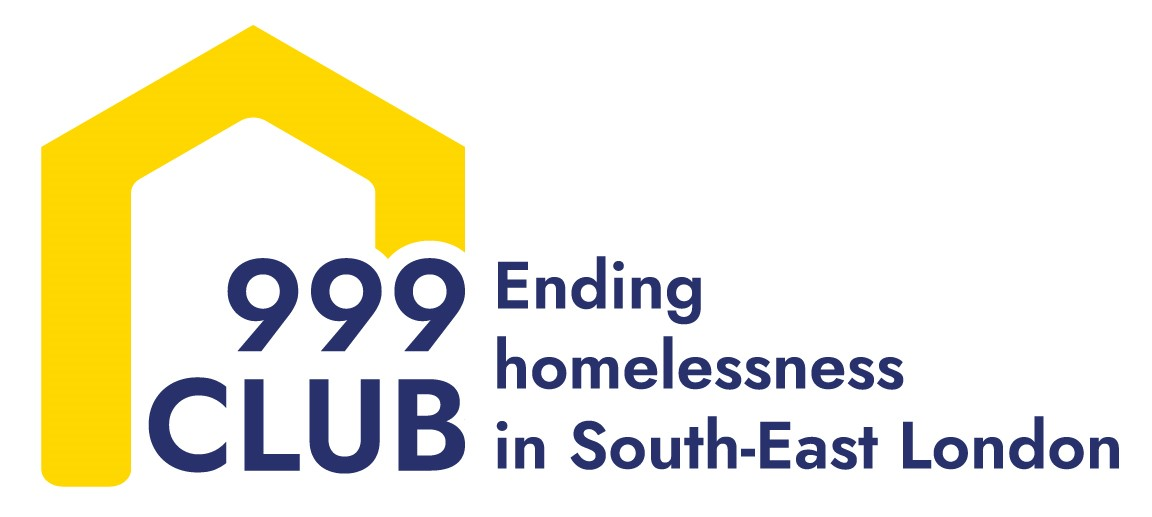Agencies must work together to help reduce the number of people sleeping on the streets of Lewisham.
As a teenager, I was addicted to my “Walkman”. My headphones were constantly on, listening to music, recording radio programmes and spending my free time, and money, buying tapes.
This was before the days of USB chargers, in a time when AA batteries were among my most precious possessions.
You can imagine my delight when I found out that the local pound shop had started selling batteries. Not just any batteries either, AA batteries. 16 of them for £1.
Sadly, it was too good to be true.
Around half of the batteries were duds right out of the pack. The remainder barely lasted a bus ride.
I managed to convince myself that I had been unlucky, had simply purchased a bad batch of batteries and undeterred, I returned to the pound shop.
It was déjà vu all over again. The Britpop hits I was so keen to hear were quickly reduced to slow jams at a register that was more Barry White than Jarvis Cocker.
Sometimes the only way to save money is to do things properly.
My teenage self was returning to the pound shop because I had failed to invest in some decent long lasting batteries.
Nationally, 1 in 12 household that apply to local authorities for help with homelessness have previously been homeless. In some areas it’s as high as 1 in 7. As you can see from the charts below, there’s been barely any improvement in the past 4 years.


What that means is that lots of people are being supported to escape homelessness, only experience it once again.
A waste from the point of view of services who put all that effort to get someone a new place to live, only to have to repeat it.
A tragedy for the person who has had the trauma and horror of experiencing homeless, followed by the hope of a chance to escape, only to be plunged back.
The government’s new rough sleeping strategy sets out a vision that rough sleeping “is prevented wherever possible, and where it does occur it is rare, brief and non-recurrent.”
This chimes with 999 Club’s vision. We believe that sleeping rough in Lewisham should be rare, fleeting and never repeated.
This is entirely realistic and achievable. According to the National Alliance to End Homelessness, “housing-first” approaches “have shown retention rates of up to 98 percent.” i.e. almost no one on these schemes returns to the streets.
We can go even better than that and look at examples where agencies work together to identify people that are at risk of experiencing homelessness, and support them to prevent the experience in the first place.
These approaches take time, money and energy, but they work and they are worth it. Better to do things properly than to be left with a dozen dud batteries and nothing to do on the bus.

